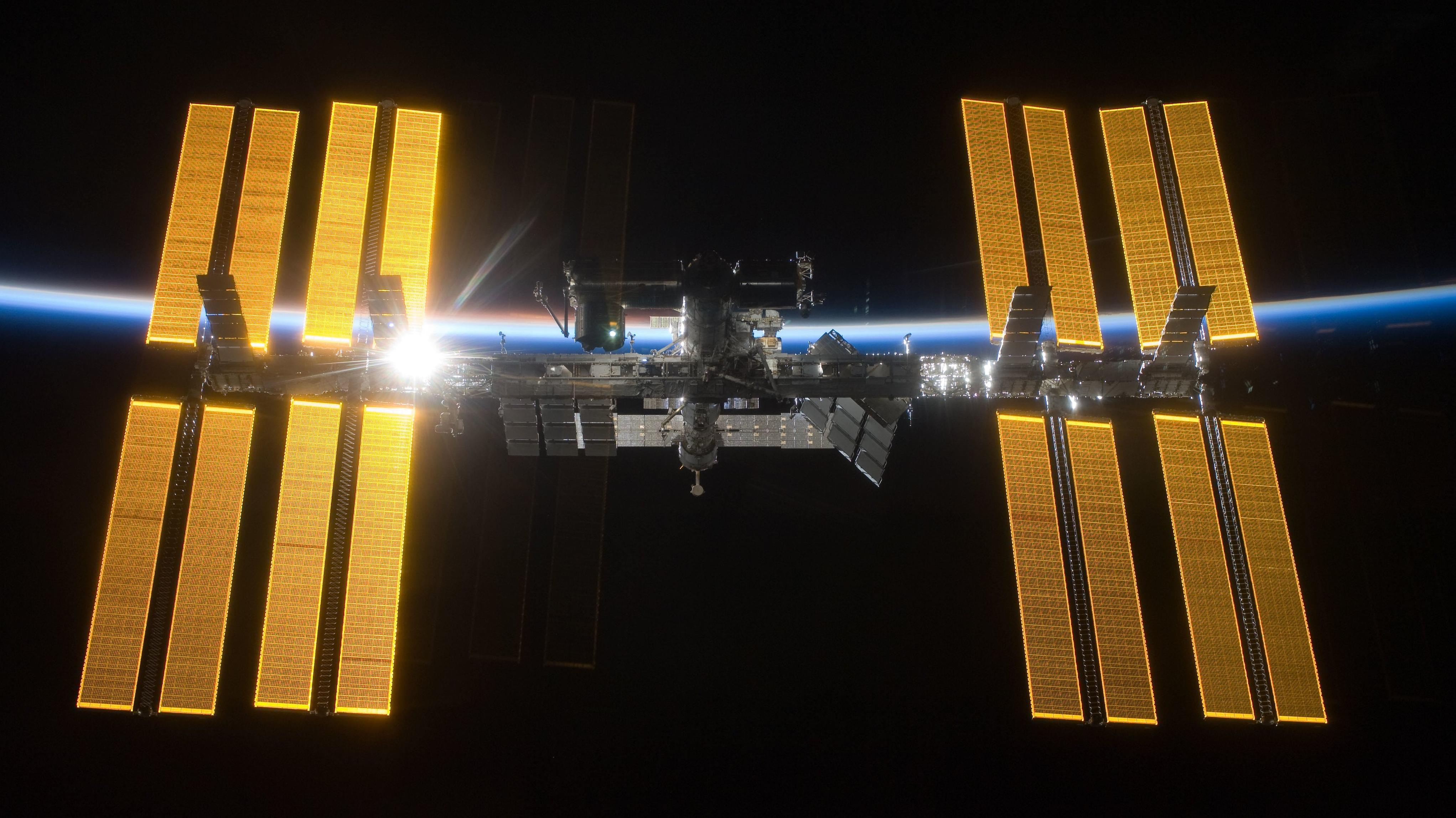Russia Isn't Abandoning The ISS Early After All
Roscosmos chief guaranteed that a Russian rival to Starlink will be online by 2030
Following Russia's invasion of Ukraine in 2022, Roscosmos threatened to withdraw from the International Space Station by the end of this year. The space agency backpedaled last year to a 2028 departure. In a TV interview last week, the Director General of Roscosmos stated that cosmonauts will stay until NASA and SpaceX de-orbit the space station in 2030.
Russia's status as a fading space power has been cemented by very public failures over the past few years. In 2023, its uncrewed Luna-25 lander crashed into the Moon's surface during a bid to land the first probe on the lunar south pole. Roscosmos has struggled to maintain its current equipment used for ISS operations. During the interview shared by Ars Technica, Roscosmos chief Yury Borisov said, "Today our cosmonauts have to spend more time repairing equipment and less and less time conducting experiments."
One of its transfer tunnels on the station is leaking over three pounds of air per day. NASA voiced concerns in November that the leak could lead to "a catastrophic failure." The same month, there was an unexplained incident on the Russian side of the station where cosmonauts donned biohazard suits and a toxic odor filled the air.
Russia's early departure from the ISS was tied to now-shelved plans for its own space station. However, Borisov guaranteed that there will be a Russian rival to Starlink online by 2030. The Russian satellite constellation would be privately funded but bolstered by government contracts, not dissimilar to private space ventures in the United States. However, the Russian invasion of Ukraine has hampered the country's economy as a whole, putting the project in jeopardy.
